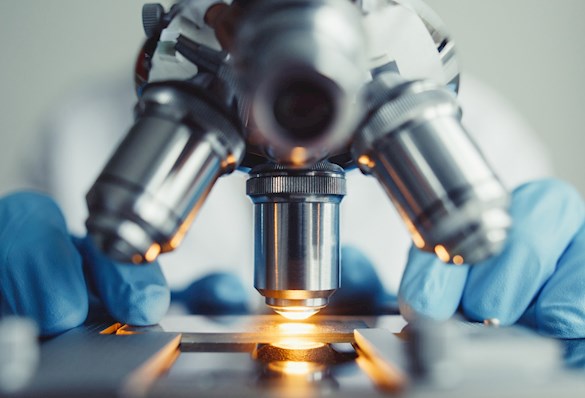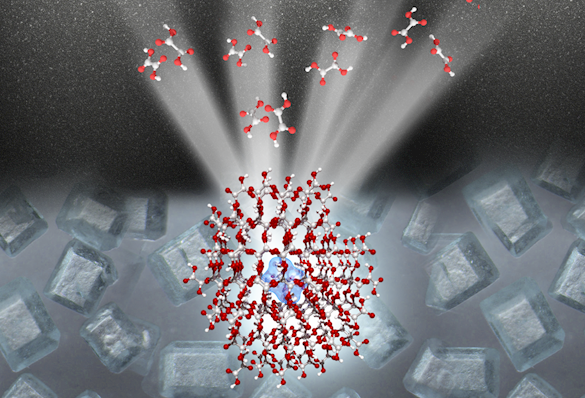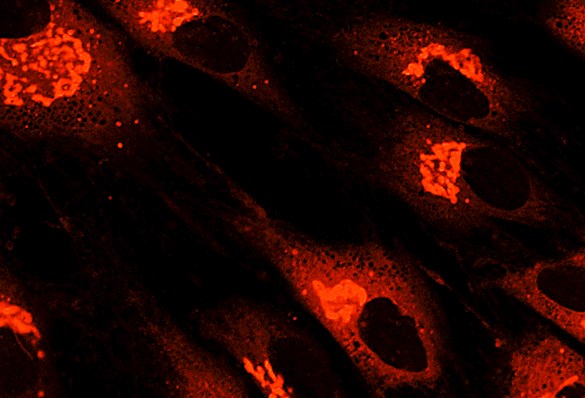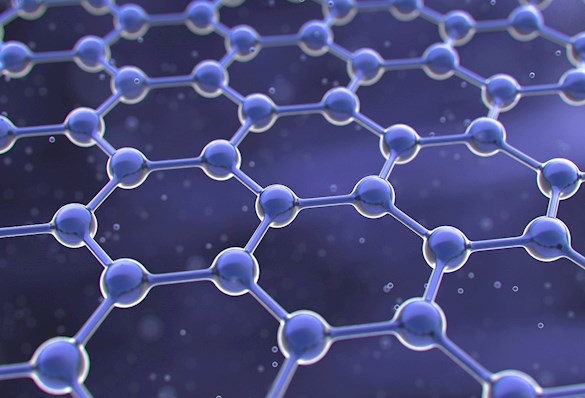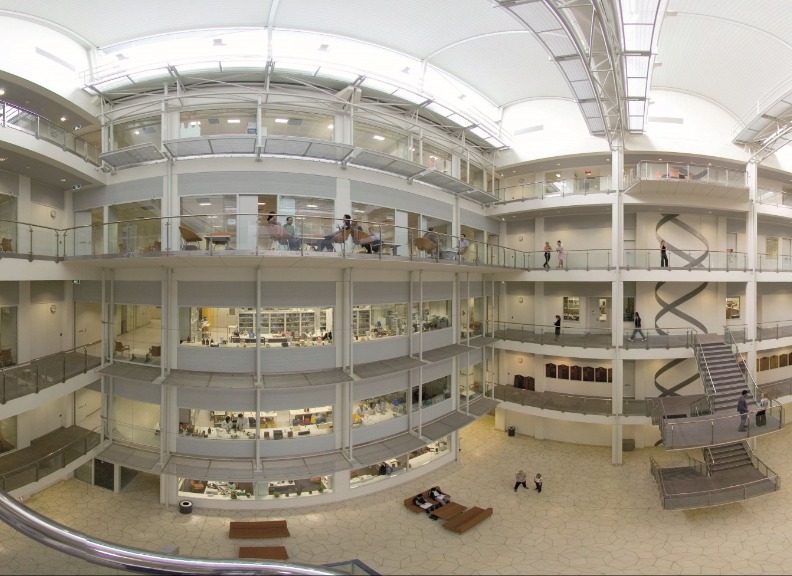
PROJECT
Understanding and controlling defect formation in optoelectronic materials through atomistic simulations
Using computer simulations to aid in the making of materials to improve performance
Semiconductor heterostructures are the building blocks for modern electronic and optoelectronic devices, which are formed by epitaxial growth of one material on another. Semiconductor heterostructures are widely used for fabricating high performance semiconductor lasers and photodetectors, especially quantum well, and superlattice devices. However, each material, by nature, has its own unique physical properties, in particular crystal lattice constant, which is usually not well-matched across the heterostructure interface. This lattice mismatch between the two materials results in accumulation of misfit strain (elastic) between the substrate and the optoelectronic material, which ultimately results in the formation of dislocations in the vicinity of the interface.
This project will use atomistic simulations to test the growth of mercury cadmium telluride (HgCdTe) on different substrates and get a fundamental understanding of the dislocation formation. HgCdTe is the dominant material used in IR sensing and detecting and the formation of dislocations affects its performance as a device. The simulations will be used to design new growth methods of this material with the ultimate goal of reducing dislocation formation.
Project goals:
- Understand the energetics and velocities of defects in optoelectronic materials
- Study the influence of defects on performance of optoelectronic materials
- Design new fabrication methods optoelectronic materials with reduced defects
- Design a new interatomic potential to describe the interactions between HgCdTe and the different substrates.
- Perform large scale molecular dynamic simulations of the growth of HgCdTe on different substrates
- Calculate the energetics and velocities of dislocations in HgCdTe.
Suggested readings
- W.W. Pan,Z.K. Zhang,W. Lei,Z. Liu,L. Faraone, A Raman spectroscopy study of MBE-grown Hg1− x Cd x Se alloys grown on GaSb (2 1 1) by molecular beam epitaxy. Infrared Physics & Technology, Elsevier March 2019
- Kim, J., Jacobs, R., Almeida, L., Jaime-Vasquez, M., Nozaki, C., Smith, D. (2013). TEM Characterization of HgCdTe/CdTe Grown on GaAs(211)B Substrates Journal of Electronic Materials 42(11), 3142-3147
Research team leader: Dr Dino Spagnoli
I am a computational chemist and senior lecturer in the School of Molecular Sciences at UWA. My research is focused on the application of computer simulations to investigate the role that defects, such as dislocations, have on the properties of semiconductors.
Funding and Collaborations
Funding
- Defect generation in hetero-epitaxy on lattice mismatched substrates (DP200103188), Australian Research Council, W. Lei, D. Spagnoli (CI), D. Smith, January 2020- December 2022, $494,000
External collaborator
- Prof David Smith, Arizona State University
How to Apply
Check criteria
- To be accepted into the Doctor of Philosophy, an applicant must demonstrate they have sufficient background experience in independent supervised research to successfully complete, and provide evidence of English language proficiency
- Requirements specific to this project:
- A bachelor’s degree with honours (or equivalent) in chemistry, physics, materials science or related disciplines.
- Experience with atomistic simulation software and working with a Linux operating system is desirable but not essential.
Submit enquiry to research team leader
- Contact the research team leader by submitting an Expression of Interest form via the button below
- After you have discussed your project with the research team leader, contact [email protected] to proceed with your application
Scholarships
- Domestic students
-
All domestic students may apply for Research Training Program and University Postgraduate Awards (UPA) scholarships
- International students
-
A range of scholarships are available from international organisations and governments. The full list, organised by country, is available on the Future Students website.
In addition, all international students may apply for International Research Training Program scholarships.
- Indigenous students
- Indigenous students are encouraged to apply for Indigenous Postgraduate Research Supplementary Scholarships.
- Forrest Foundation scholarships
- All international and Australian students who wish to study towards the degree of Doctor of Philosophy (PhD) at The University of Western Australia may apply for Forrest Scholarships.




































